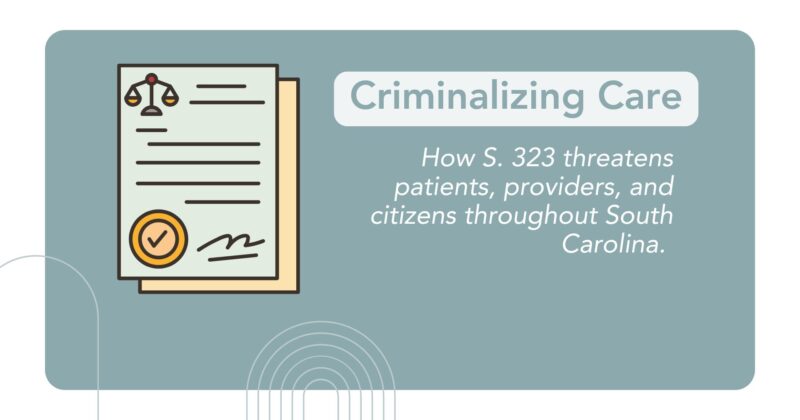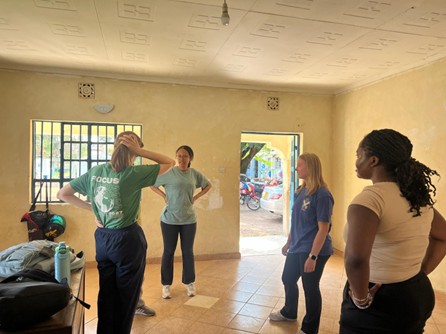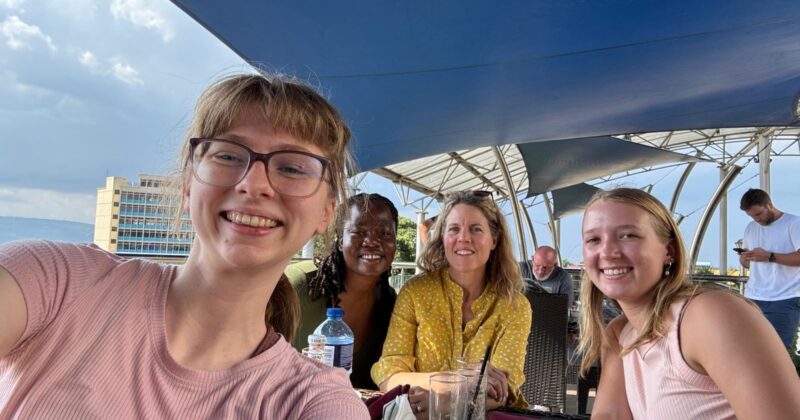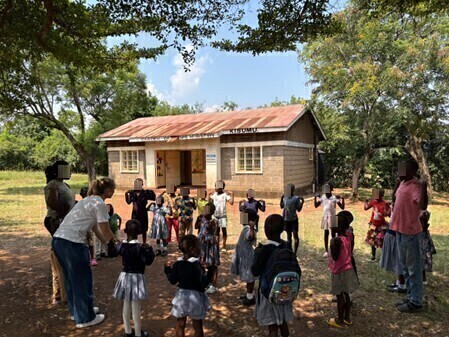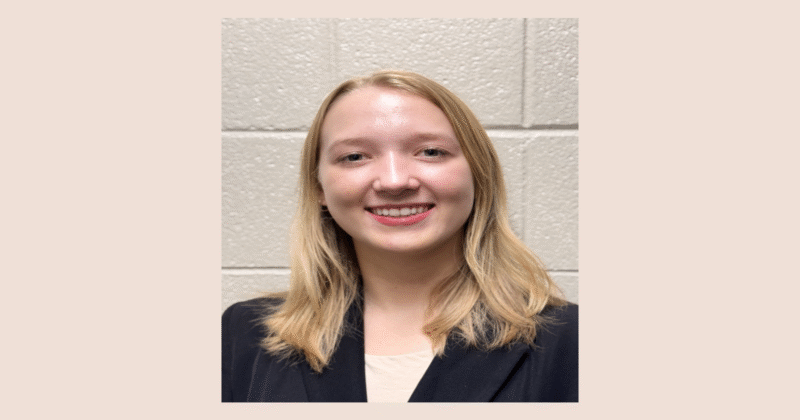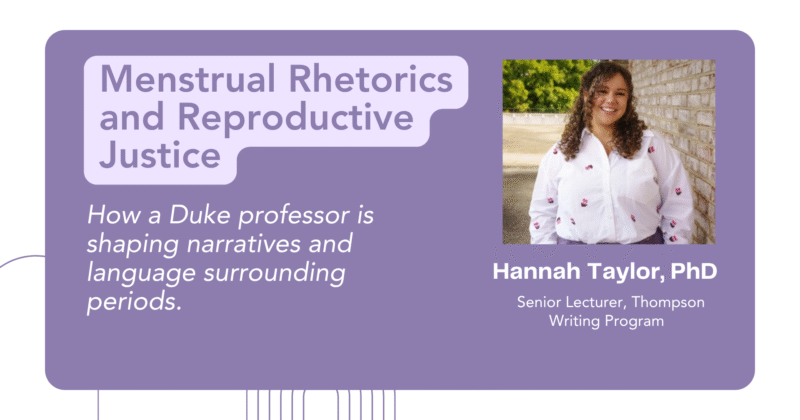
Menstrual Rhetorics and Reproductive Justice
The afternoon my mother first told me I would get my period, we stood under the kind of Texas summer sun that threatened to peel off my skin. I was nine then: my crushes on boys were sexless and based upon who could run the quickest in our PE class. We floated in our slow-leaking inflatable fruit, and my mother told me I would bleed—that it happened so that I could have a baby one day. When we got home, a book sat on my bed: The Care and Keeping of You, with its pictures of vaginas and encouragement that puberty was normal. I was an “early bloomer,” by all accounts, and by the time my mother began to discuss puberty with me, little mounds of flesh were already budding on my chest. I brought the book to school, and my friends and I gathered beneath the swing set to guess what our adult bodies would look like. It happened on...

